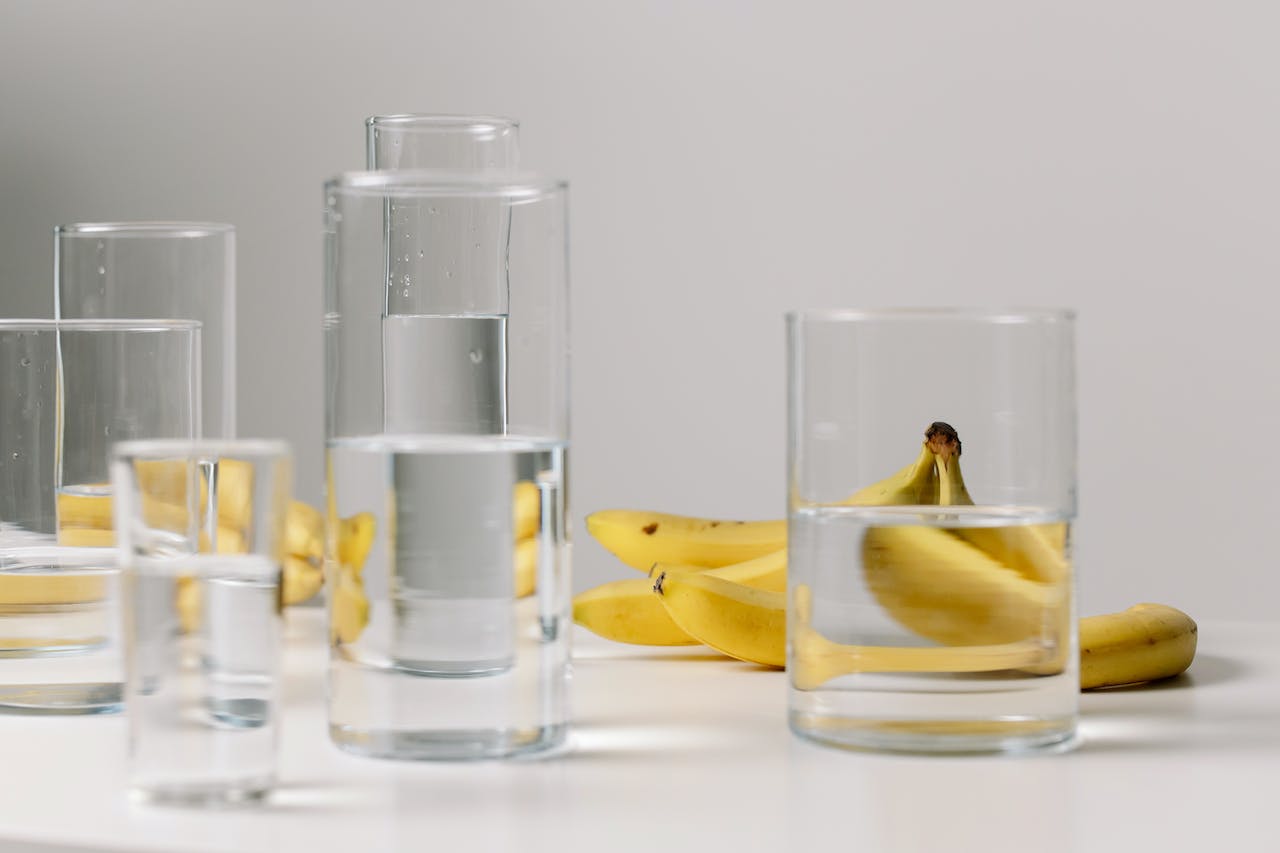Living with stage 3 kidney disease requires careful consideration of various aspects of one's lifestyle, and one crucial factor is hydration. Proper hydration is essential for overall health, but for individuals with compromised kidney function, determining the right amount of water intake becomes even more critical. In this comprehensive guide, we'll delve into the intricacies of hydration for those in stage 3 kidney disease, shedding light on the factors that influence water requirements.
The Role of Kidneys in Hydration
To comprehend the importance of tailored hydration, it's crucial to understand the role of kidneys in maintaining fluid balance. In stage 3 kidney disease, the kidneys are moderately impaired, affecting their ability to efficiently filter waste and excess fluids. Consequently, fluid retention becomes a concern, leading to potential complications. Striking a delicate balance between hydration and avoiding excessive fluid buildup is key. It's advisable to work closely with a healthcare professional to determine a personalized hydration plan that considers individual kidney function, lifestyle, and overall health.Factors Influencing Hydration Needs
Several factors contribute to the variability in hydration requirements among individuals with stage 3 kidney disease. These factors include age, weight, climate, physical activity levels, and overall health. For instance, elderly individuals may have different hydration needs than younger adults, and those living in hotter climates may require more fluids due to increased perspiration. Understanding and addressing these factors play a pivotal role in tailoring an effective hydration strategy that meets the unique needs of individuals with stage 3 kidney disease.Monitoring Hydration Levels
Regular monitoring of hydration levels is essential for those with stage 3 kidney disease. This involves keeping track of fluid intake, urine output, and other relevant indicators. Healthcare providers often recommend maintaining a fluid intake diary to help identify patterns and make informed adjustments to the hydration plan. Additionally, paying attention to signs of dehydration or fluid overload, such as dizziness, swelling, or changes in urine color, can provide valuable insights into whether the current hydration strategy is effective or requires modification.Hydration Tips for Stage 3 Kidney Disease
Given the intricacies of hydration in stage 3 kidney disease, adopting specific tips can prove beneficial. Opting for beverages with low or no added sugars and limiting caffeine and alcohol intake can contribute to a healthier fluid balance. Including hydrating foods like water-rich fruits and vegetables in the diet is also a wise choice. Furthermore, spreading fluid intake evenly throughout the day, rather than consuming large amounts at once, can help prevent unnecessary strain on the kidneys.Conclusion
In conclusion, managing hydration in stage 3 kidney disease involves a nuanced approach that considers individual factors and kidney function. Collaborating with healthcare professionals, monitoring hydration levels, and adopting tailored strategies can empower individuals to maintain optimal fluid balance. By understanding the role of kidneys in hydration, acknowledging influencing factors, and implementing practical tips, those with stage 3 kidney disease can navigate their hydration needs with confidence and contribute to their overall well-being.
Are you tired of living under the shadow of kidney disease? Are you yearning for a life free from the shackles of dialysis, kidney failure, and the looming threat of kidney transplants? If so, you're in the right place at the right time. Imagine waking up every morning with boundless energy, feeling rejuvenated and ready to take on the day. Envision a life where your kidneys are functioning optimally, and you no longer dread the burdensome routines of dialysis sessions. The Kidney Disease Solution Program is here to turn that vision into reality for you.


